Perspectives are essays that express our point of view on important topics. They range from the value of basic science, to how to speed up research, to why we show up for work. Our perspectives are shaping the debate on how to organise discovery across Britain and the world.

Science funding3 Mar
A better way
In The Spectator, our director Thomas Fink launches our £60m endowment campaign, which aims to change how the world does science.

AI-assisted maths12 Oct 2025
Murmuration of assent
In a letter in The Sunday Times, our fellow Yang-Hui He affirms that, with the proper support, AI promises to reshape discovery itself.

Speeding discovery1 Aug 2025
Lionesses lessons
The Lionesses point the way for the professionalisation of science, which we’re now pioneering with support from Open Philanthropy.
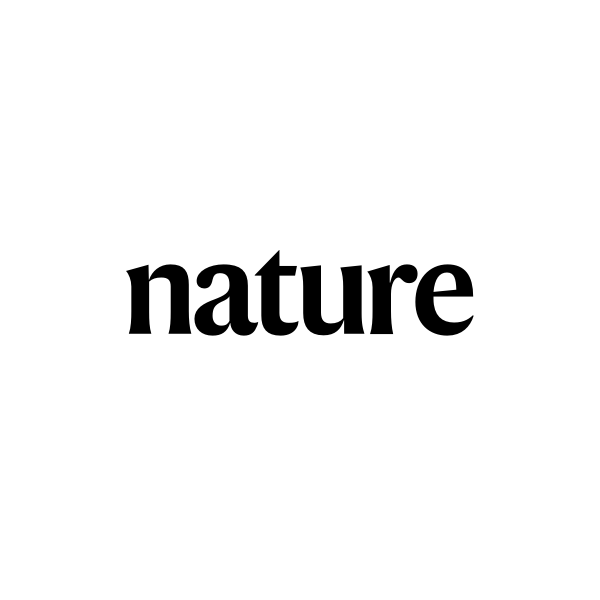
Physics & maths16 Jul 2025
Langlands unlocked
The geometric Langlands proof brings mathematicians a step closer to a grand unified theory, Ananyo Bhattacharya writes in a Nature feature.

Science funding7 Jun 2025
The most valuable cargo
As US science funding falters, Britain creating posts for top American researchers would be a win for science on both sides of the Atlantic.
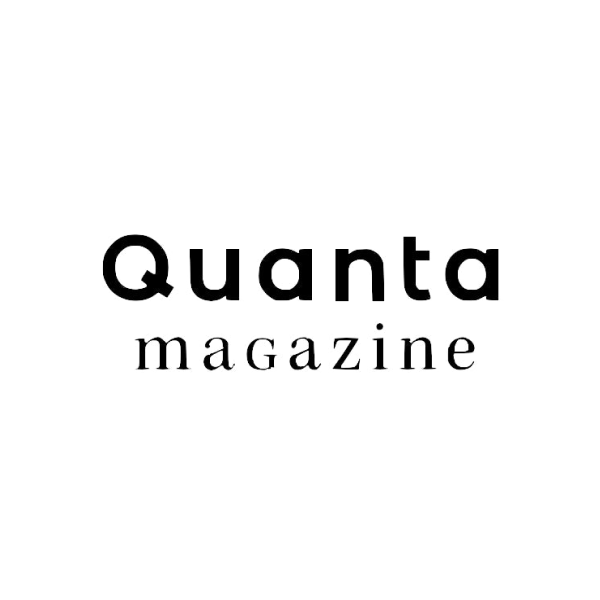
Physics16 May 2025
The shape of physics
Prof. Yang-Hui He explores geometry’s surprising impact on physics and their interplay through the ages on Quanta’s The Joy of Why podcast.

AI-assisted maths30 Oct 2024
Launch of Irix
The London Institute, which uses humans to speed up fundamental discovery, launches Irix, a company that harnesses machines to do the same.

Russia & Ukraine11 Oct 2024
Science needs Russians
In The Spectator, our Director Thomas Fink argues that science is a global game, which we will play with anyone who joins us at the board.
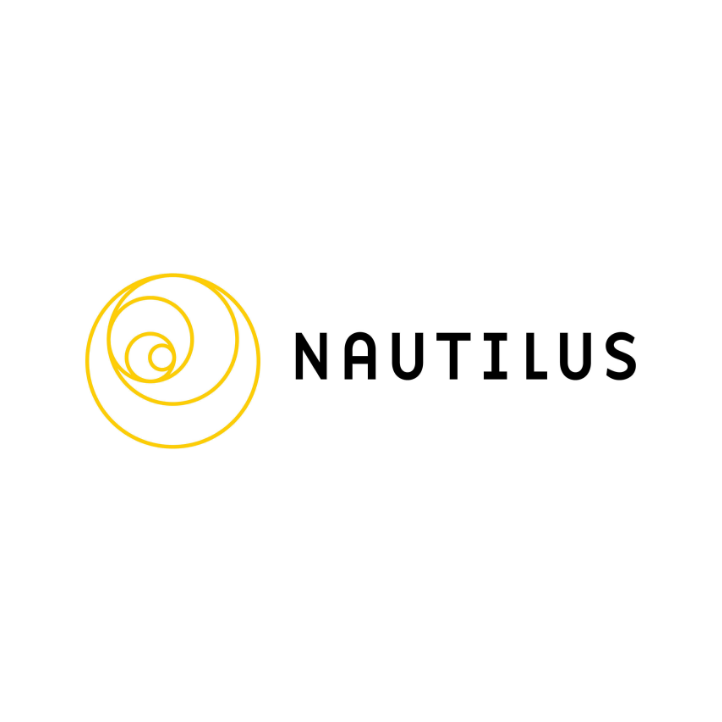
Physics & maths4 Sep 2024
From physics into maths
In a feature in Nautilus, Ananyo Bhattacharya investigates why physical insights from the real world are proving so useful in mathematics.

Russia & Ukraine11 Jun 2024
Beyond politics
Russia's brain drain is Britain’s gain. Yet the pursuit of knowledge, through global scientific collaboration, should transcend politics.

AI-assisted maths14 May 2024
Conjuring conjectures
In a Nature World View piece, our Director Thomas Fink argues that mathematics is an ideal testing ground for AI-assisted discovery.

Creativity16 Mar 2024
Let's talk about science
For its 225th birthday, our writer Thomas Hodgkinson hails the Royal Institution as proof of the vital importance of science communication.

Creativity11 Jan 2024
The art of blackboards
In Nautilus, our scientists talk about the beauty of blackboards and why they're still the best way to solve problems in the 21st century.

AI-assisted maths9 Jan 2024
A Birch for AI's back
In a Nature correspondence, our scientists argue that, by the terms of "the Birch test", no AI has yet made a genuine mathematical discovery.

Creativity5 Sep 2023
Science goes pro
Professional sport has a lot to teach scientists about pushing the limits of human achievement—so why are we still content to be amateurs?
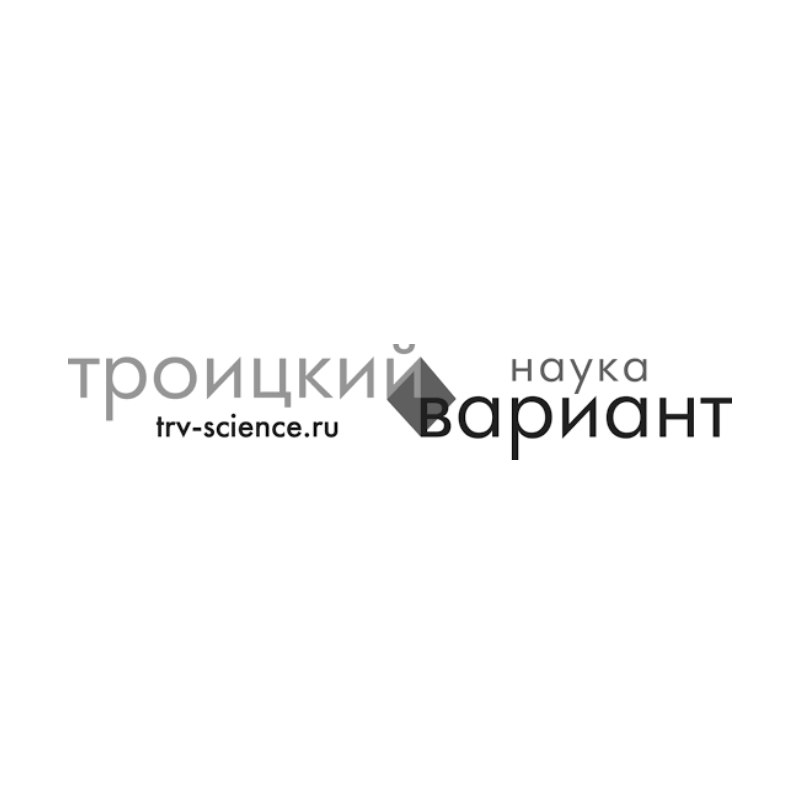
Russia & Ukraine23 Feb 2023
Science without borders
Our sanctuary programme honours a history of friendship between British and Russian scientists, says Thomas Hodgkinson in Troitsky Variant.

Science funding13 Feb 2023
Accelerating science
In a letter in The Times, our Director Thomas Fink argues that supporting independent research centres will accelerate discovery for Britain.

Physics & maths9 Dec 2022
The beautiful game
In The Times, our Director Thomas Fink argues that maths, accelerating discovery by spotting patterns in patterns, deserves its own Nobel.

Russia & Ukraine10 Oct 2022
Landau lives on
In the Thunderer column of The Times, Thomas Fink argues that Britain should open its doors to Russia’s top physicists and mathematicians.

Russia & Ukraine6 Oct 2022
Boost for British science
In Nature, the London Institute argues that its five new research fellowships for Russian theorists will be a boost for British science.

Russia & Ukraine1 Jul 2022
History repeats itself
The Royal Institution supported scientists fleeing 1930s authoritarianism. Now, thanks to our Arnold Fellowships, history repeats itself.

Russia & Ukraine13 May 2022
From Russia with math
History suggests our new posts for physicists and mathematicians from Russia, Ukraine and Belarus will have an enduring impact on UK science.
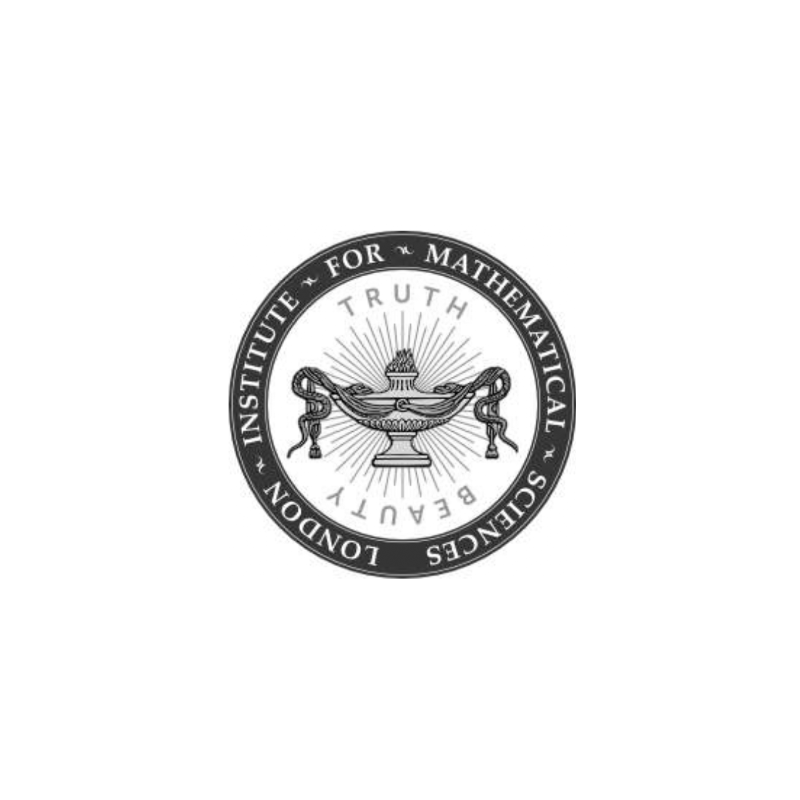
Creativity21 Apr 2022
Designing web design
To mark our Webby nomination, we describe the design principles behind our website and how they evolved in tandem with the Institute itself.

Physics & maths12 Jun 2021
23 Challenges
To celebrate the launch of Britain’s new science agency, ARIA, we made a list of the 23 most important mathematical challenges of our time.

Org intelligence 7 Jun 2021
Intelligent organisation
Showing up for work makes organisations more intelligent, because it lets workers switch between focus and interaction in an unplanned way.

Creativity7 Mar 2021
Britain’s DARPA
As the government creates its Advanced Research and Invention Agency, it could learn from the exceptional history of the Royal Institution.

Physics & maths23 Feb 2021
Move to the RI
The London Institute has moved into the iconic Royal Institution, where it will expand its programme of curiosity-driven theoretical science.
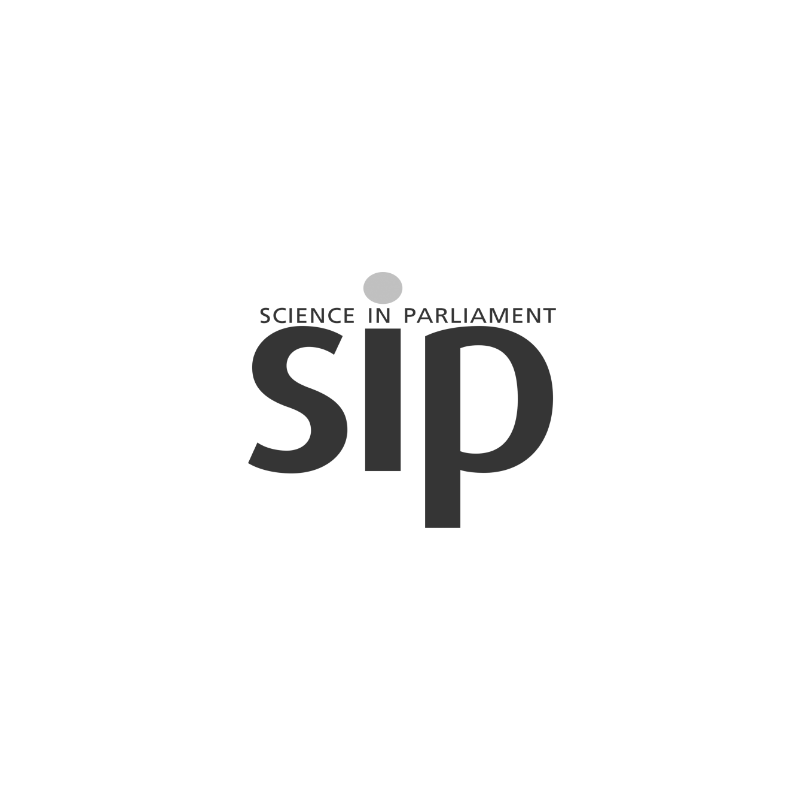
Science funding29 Jan 2021
Independent science
Supporting non-university research institutes with core funding will finally give aspiring researchers an alternative to a university job.

Science funding8 Dec 2020
The value of theory
From Newton to Maxwell to Penrose, Britain has always excelled at theoretical science—so why doesn't the government do more to support it?

Science funding14 Mar 2020
Back to basic science
Basic science—the kind done without consideration of its usefulness—leads to the biggest breakthroughs, which is why we need to protect it.
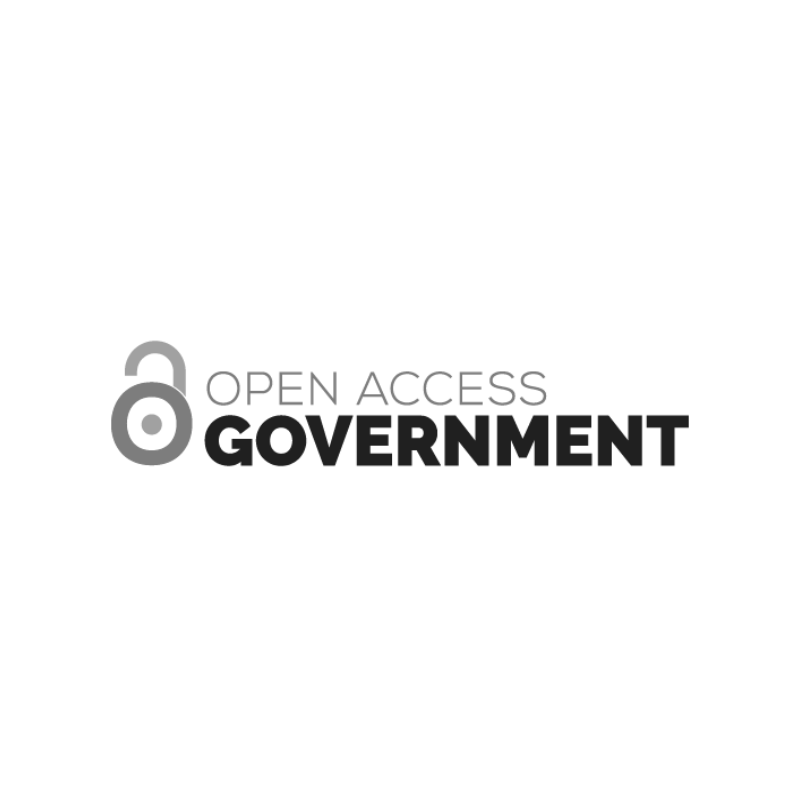
Science funding5 Nov 2019
Post-Brexit science
EU funding favours applied research over basic science, but Brexit is a chance to redress the bias and protect curiosity-driven research.
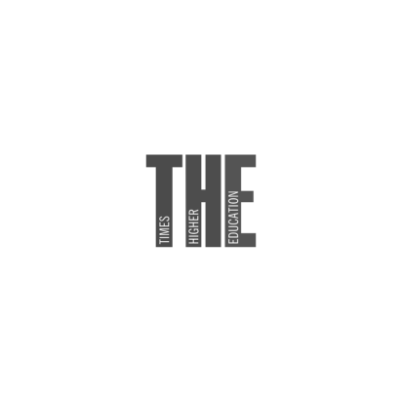
Science funding4 Apr 2019
A new kind of science
More independent research centres would provide an alternative to the university model of research, where teaching is bolted to science.